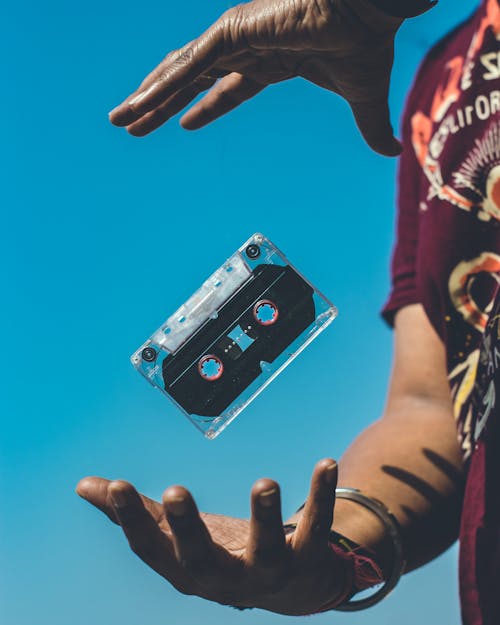Music is a universal language, shared and understood through cultures and ages. It has the potential to bring people closer together, and create connections between seemingly disparate cultures. One of the most special and unique of these relationships is the bond formed between musicians. This connection is nurtured and developed through collaboration, shared passion, and understanding of the music.
As musicians, many are exposed to a variety of genres, from classical to contemporary. This allows musicians to learn from each other and be exposed to different musical ideas. This shared knowledge of music helps to create a special bond that is rarer than many other forms of relationships. When musicians think about music, their conversation is most often sprinkled with technical jargon and deep knowledge of musical structure. It can be difficult to understand this language if you are not well versed in the musical arts, but this only serves to deepen and broaden the connection between performers. Being able to communicate using the same language creates unity among those in the same artistic sphere.
Furthermore, as musicians interpret and perform music together, the same passion and ambition can be seen in their work. This creates a common understanding of the beauty and power of music, and strengthens the bond between them. Experiencing that same emotion while working with other musicians is a unique feeling. Seeing one’s passion and ambition reflected in another can help to encourage and inspire one’s own creative ideas and performance.
In addition, musicians are very conscious of the impact of their collaboration. They strive to create original pieces that will endure through time, and which will have a lasting impact on both the audience and their peers. Whether they’re creating symphonic works or rock ballads, the collaboration of two (or more) minds can be a powerful catalyst for true creativity. This challenge of creating something spectacular adds to the dynamic of the relationship between musicians, as they push each other to go beyond what they thought was possible. This activity can create a common understanding of the complexities of music, and a shared appreciation for how music can influence lives.
Ultimately, the unique relationship formed between musicians is the result of a shared love of music, analytic understanding of the material, and ambition to apply creative ideas. This connection serves to unite performers in a very special way, which gives them the opportunity to enjoy and understand music in a way that the average listener cannot. It’s a connection unique to the world of music, and one which can have a lasting impact on anyone who experiences it.









